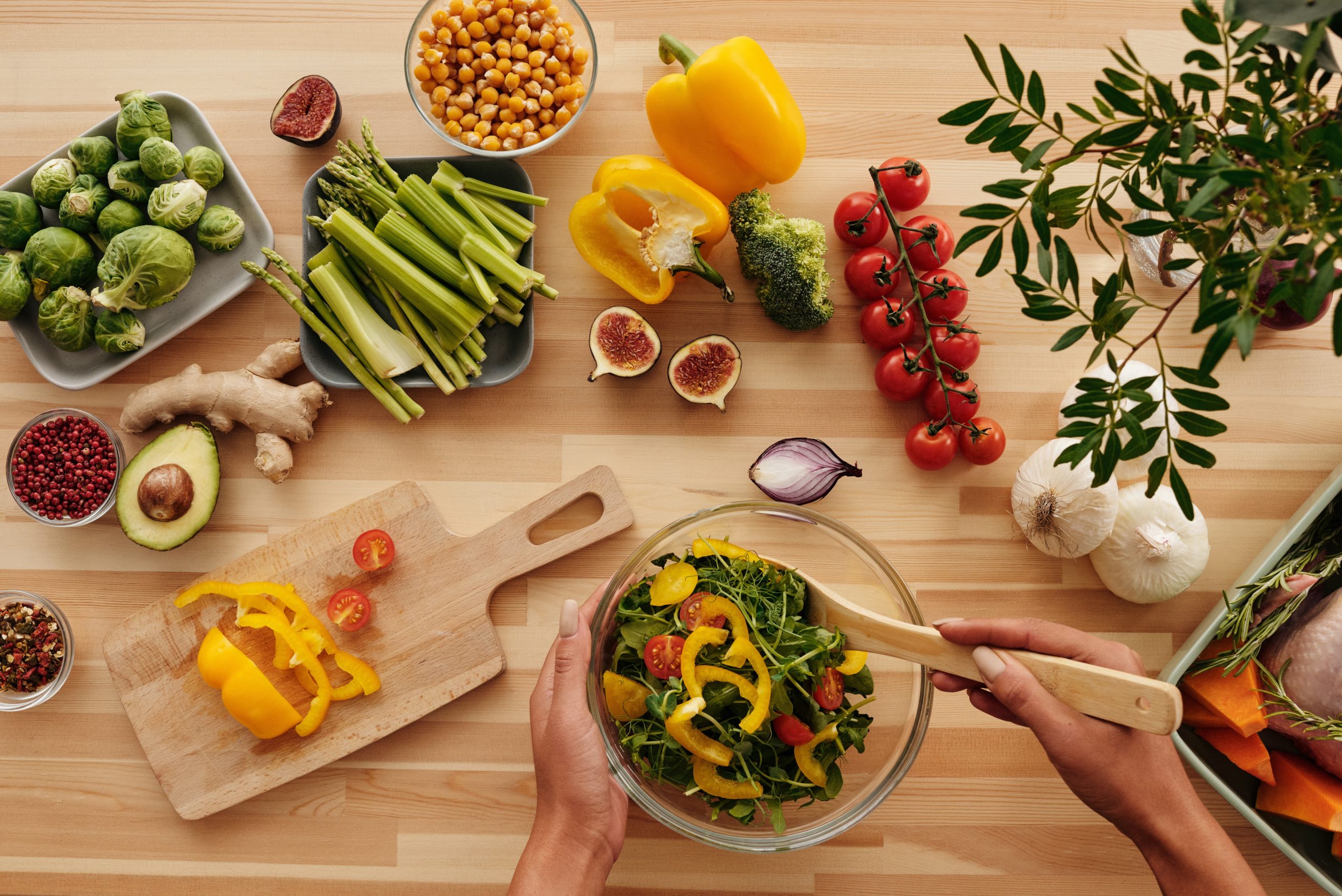Top 5 Foods To Eat for Beautiful Hair
Share
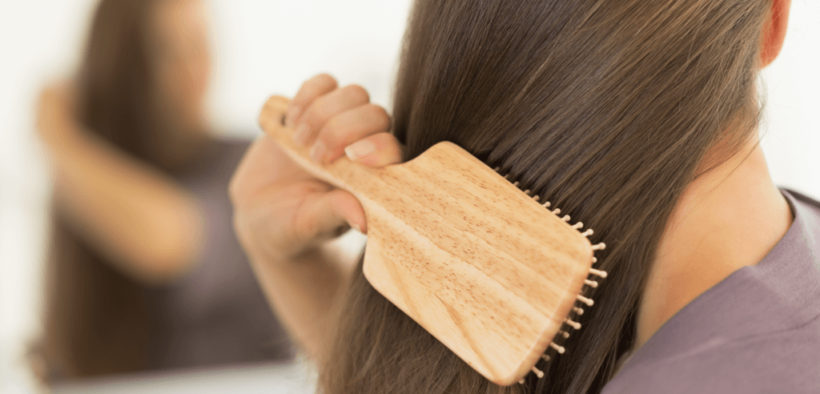
Who doesn’t want long, beautiful hair like Rapunzel? While it may be a desire, the truth is that it is not a “smooth and silky” journey to get to that state! Between the heat/color damage your hair encountered the last time you went to salon or perhaps dealing with daily stresses which can manifest themselves in the form of hair thinning or even hair loss, it’s not as simple as we would like it to be. However, I’m here to tell you that the next hair product that you should invest in is…your diet! We’ve all spent money on a variety of different treatments and products, only for temporary solutions. In reality, long-term results of having beautiful, luscious hair start from the inside out!
Here are the top 5 foods you should consider for healthy, beautiful hair!
1. Leafy Greens
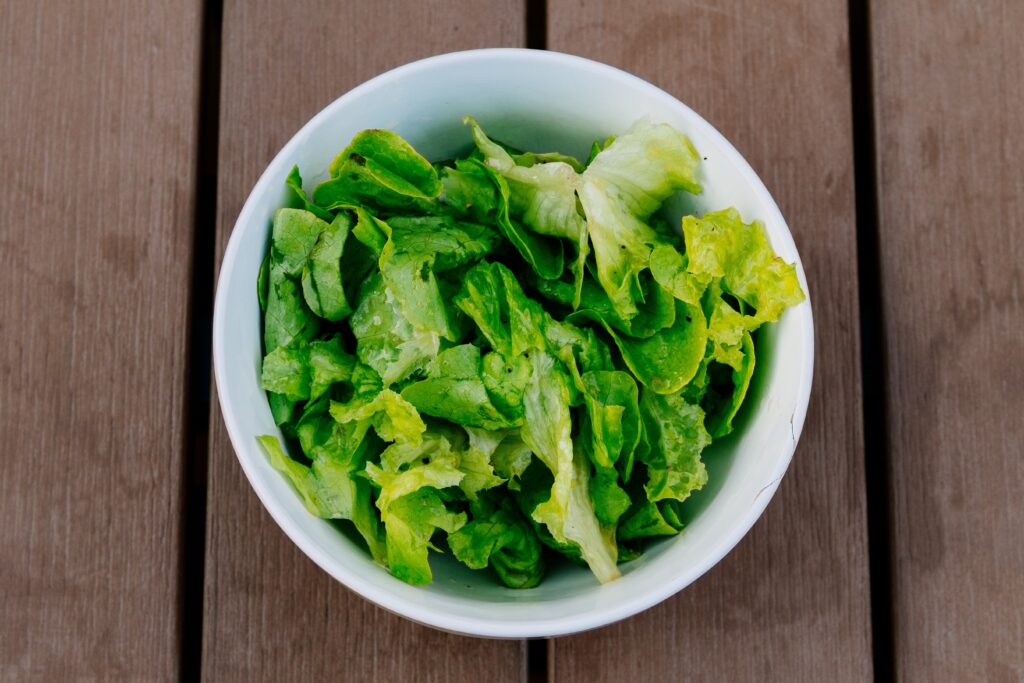
Make sure to eat your greens! Not only does it help your body fight free radicals and protect you from disease, it also helps protect against damaged and brittle hair. Leafy greens, such as spinach or kale, contain many nutrients including vitamin A, vitamin C, folate, iron, and so much more. These nutrients help to keep your scalp and hair moisturized to avoid breakage. It can also aid in hair growth. So don’t skip on your greens!
2. Legumes
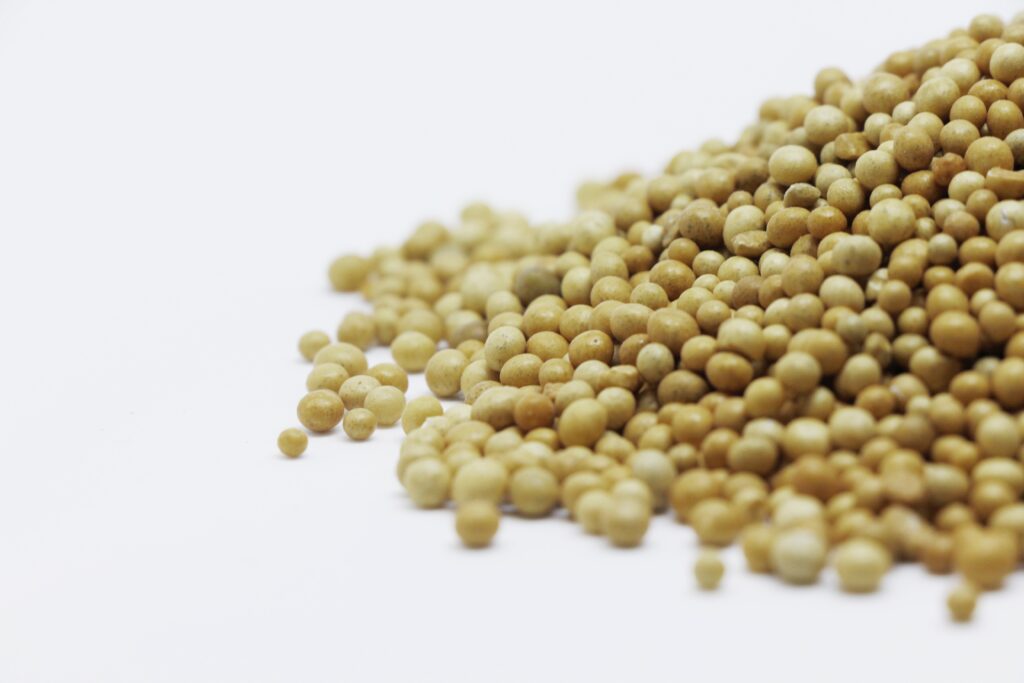
The main nutrient in legumes that prevents hair loss is iron. Iron is important to circulate oxygen in the hair roots to promote hair growth. Iron can be found in many foods including cereals, pastas, leafy greens, red meats, and shellfish. Legumes also have high protein content which helps with hair growth as well. Next time you go for a salad, try adding in some chickpeas!
3. Seafood
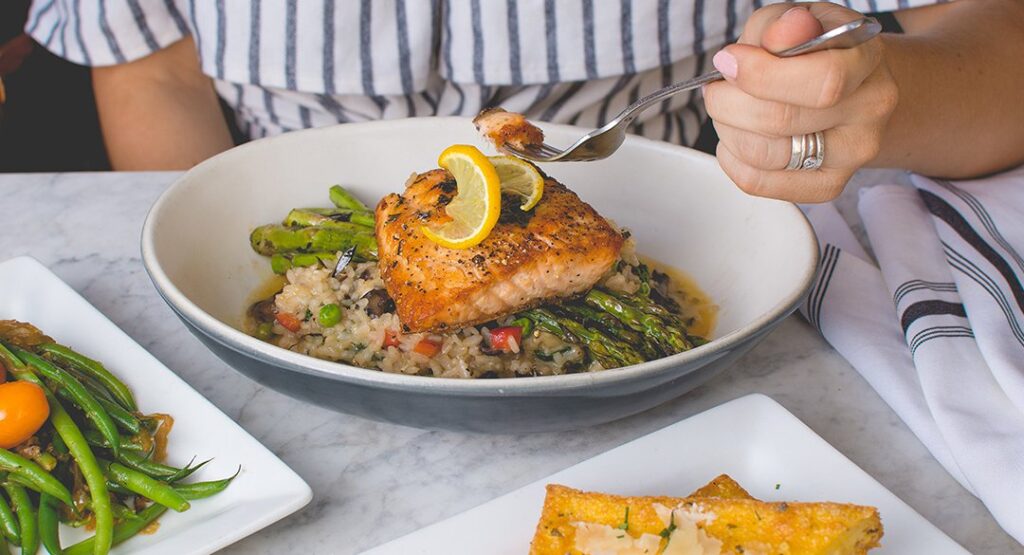
The main nutrient in seafood that contributes to beautiful hair are omega-3 fatty acids. Omega-3 fatty acids are not only beneficial for your overall health such as heart health, vision, and brain function, but they are also beneficial for hair growth and fullness. Omega 3 has to be incorporated into your diet through either a supplement or food, because your body cannot physically create these fatty acids. Some of the best seafood options that you can enjoy are salmon, herring, mackerel, tuna, and more. If you don’t like seafood, there are flaxseeds, chia seeds, and walnuts as well. Seafood such as salmon and tuna fish also contain Vitamin D, which is important for the creation of hair follicles. A vitamin D deficiency can ultimately lead to hair loss, or alopecia.
4. Eggs

Eggs have amazing health benefits for your immune system and bone health, but they also aid in hair growth. Eggs contain sufficient amounts of protein, iron, and biotin. Protein is important for hair growth since your hair is mostly made of protein. Vitamin B7, also known as biotin, produces keratin in hair and helps build hair follicles. Iron also helps with circulation in the roots to stimulate hair growth. So try eating some eggs in the morning!
5. Guava

This delicious fruit contains a sufficient amount of Vitamin C which can prevent breakage and stimulate hair growth. It is the main stimulator for collagen as well, which rebuilds hair proteins for long, full, and beautiful hair. If you don’t like guavas, there are other foods with Vitamin C that you can incorporate into your diet including oranges, strawberries, broccoli, and potatoes.
Want to know more about another vitamin’s connection with hair? Checkout “Vitamin D and Hair Loss: What’s the connection?“.
References:
- Griffin, R. Morgan. “Omega-3 Fatty Acids Facts.” WebMD, WebMD, [Link].
- “Hair Care Repairing Dry and Damaged Hair.” WebMD, WebMD, [Link].
- “Iron-Rich Foods.” Iron-Rich Food | List of Meats And Vegetables | Red Cross Blood, [Link].
- “Omega-3 for Hair: Is It Good for Growth or Thickness?” Medical News Today, MediLexicon International, www.medicalnewstoday.com/articles/omega-3-for-hair “Pictures: Health Benefits of Spinach.” WebMD, WebMD, [Link].
- Sung YK;Hwang SY;Cha SY;Kim SR;Park SY;Kim MK;Kim JC; “The Hair Growth Promoting Effect of Ascorbic Acid 2-Phosphate, a Long-Acting Vitamin C Derivative.” Journal of Dermatological Science, U.S. National Library of Medicine, [Link].
- “Vitamin D Deficiency and Hair Loss: Everything You Need to Know.” WebMD, WebMD, [Link]
If you enjoyed our content, please share, comment, like, and follow us on your favorite platforms!
.
